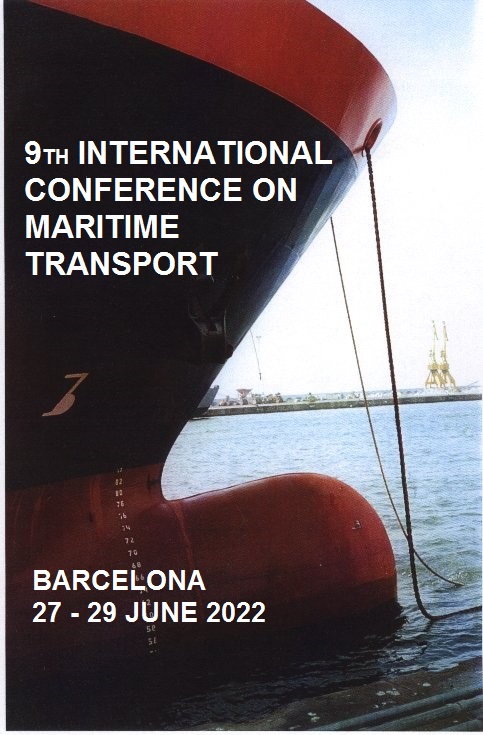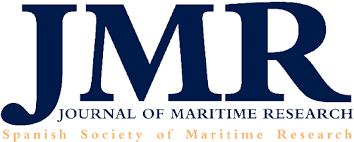Covid-19 control measures and its impact on seafarers’ mental health
DOI:
https://doi.org/10.5821/mt.10918Keywords:
COVID-19, regulations, health, fatigue, stressAbstract
The appearance of COVID-19 in maritime transport has been an exceptional challenge for all stakeholders in this sector, mainly for seafarers who have been caught between the need to keep supply chains operational and the limitations imposed by administrations to prevent the spread of the virus. With these objectives in mind, international institutions and organizations have developed a long series of regulations that have emerged in parallel with the measures established to control the pandemic. This article compiles the recommendations and regulations on health management established for this sector, as well as the implications of this entire process on fatigue and stress in seafarers.
Issues such as difficulties experienced in crew changes and repatriation, extended working hours, social isolation caused by mobility limitations in ports, limited medical equipment and services available, health care restrictions in some ports, the need to quarantine, and the possibility of being infected have been reported, among others, as causes of increased fatigue and stress among seafarers, as well as an upturn in anxiety, depression and other psychiatric disorders in this group.
Thus, despite the efforts of the international maritime community to regulate the problematic areas related to the outbreak of the pandemic with the aim of keeping seafarers free of coronavirus and facilitating the continuity of maritime transport, its levels of fatigue and stress have increased notably, demonstrating that these efforts have neither been sufficient nor effective regulations have been developed that specifically take into account how COVID-19 and actions aimed at the continuity of maritime transport have affected and may continue to affect seafarers’ mental health.














